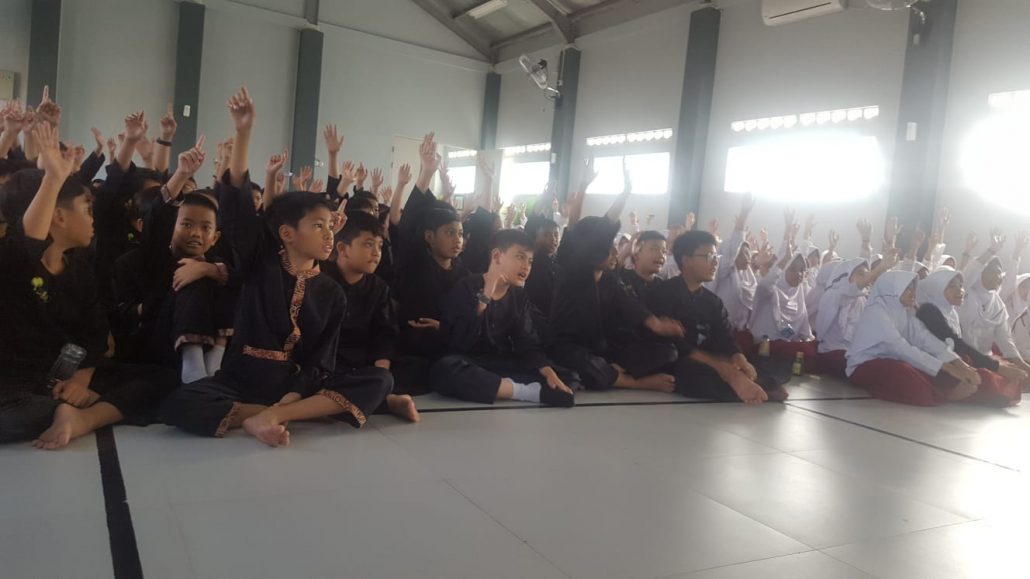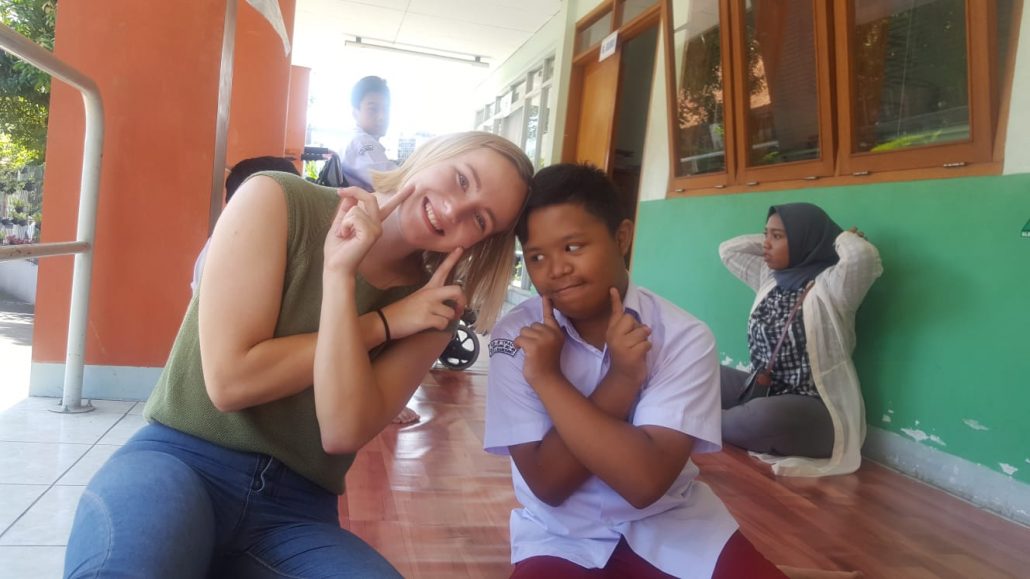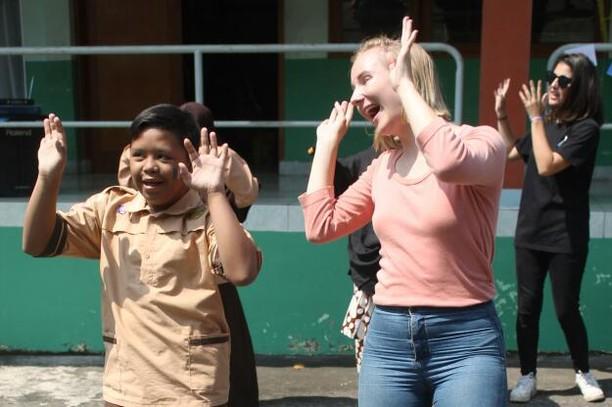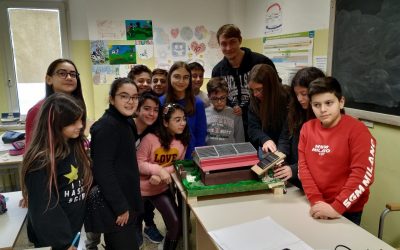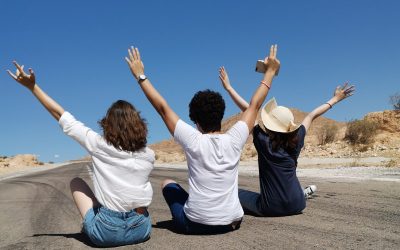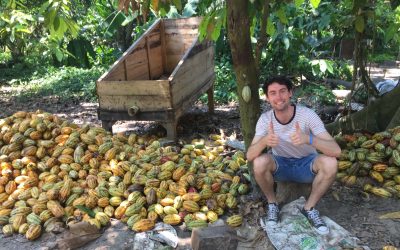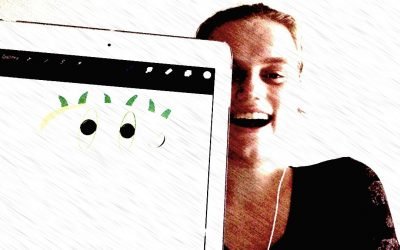People who say they can’t are usually right. That is what these 6 weeks as an Exchange Participant (EP) in iCare were about for me. We arrived as a diverse and not-yet-cohesive group of young graduates and undergraduates. On our first day in YPAC, the school that we would grow so fond of in the next few weeks, we were shy and careful in our approach to the children and the teachers.
Our first classes were a challenge. We faced them without the expert help of the teachers who have been in this profession for years. With nearly no experience teaching and no knowledge of disabilities, we tried our best to teach the children some English. It was tough, and I was not confident of our capabilities. The first week I spent my free time wondering how are we going to add value to this school at all?
However, through trial and error we found the right way of contributing. Especially an individual approach turned out to be effective. Us as EPs had more freedom to spread our attention, as we were usually with more people in the same class. This allowed us to find out more about the level of an individual and how to best coach them to improve.
This approach showed us some great results. I will never forget that we made one of our students, Agung, count until a thousand. And I’m still proud until this day of Galih who at the end of the project was capable of having a full conversation with us. He was not shy, he didn’t mind making mistakes and we could understand him very well. This result really showed us that by finding our own approach, we could make a big impact.
Our individual approach also created something else beautiful: we created some amazing dance stars during our time in the school. Even though it seemed impossible to teach disabled kids how to dance, they more than exceeded our expectations. Because we practiced with some students individually, we had a lot of time to build their skills and confidence. Our contact person was surprised about one of the students: “Usually she doesn’t like to dance, but now she is asking if she can dance every day”. And even the most unfocussed student stayed in focus for the dancing. I couldn’t be prouder.
All in all, I realize very much after this project that you can achieve things that seem impossible at first as long as you have the right mindset. That mindset is just “try, try again, and try again”. If a guy with a physical disability can learn how to dance. Or a girl with a mental disability can learn how to speak English, then you can also achieve what you set your mind to. People who say they can’t are usually right, and so are the people who say they can.
This post was written by Mara de Haas. Mara went on a voluntary project powered by AIESEC in The Netherlands. We offer international voluntary projects and professional internships with the aim of developing leadership in youth.

